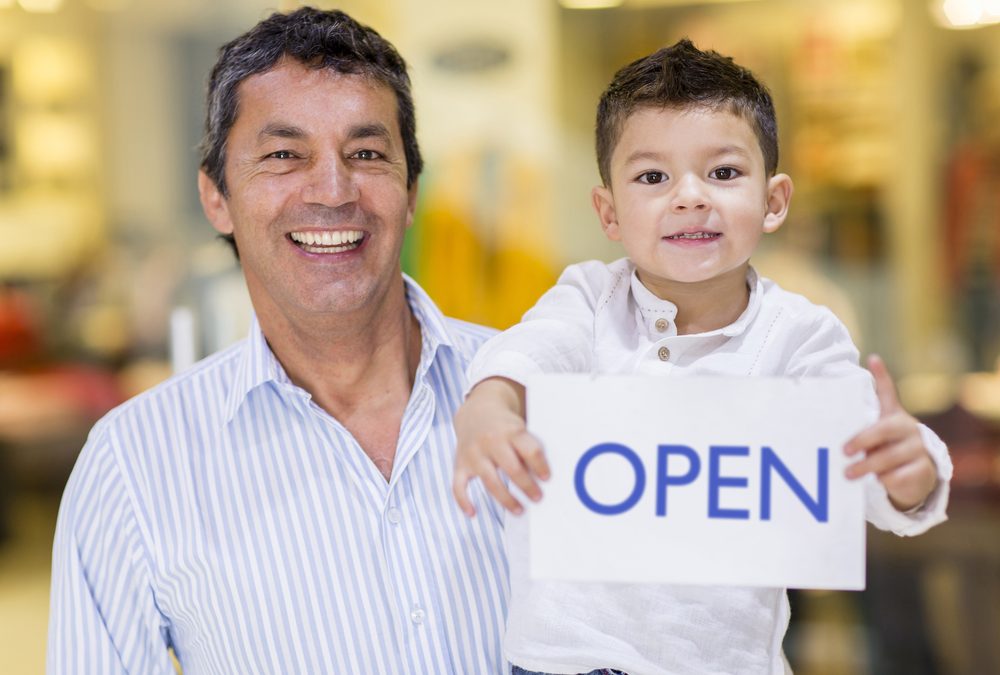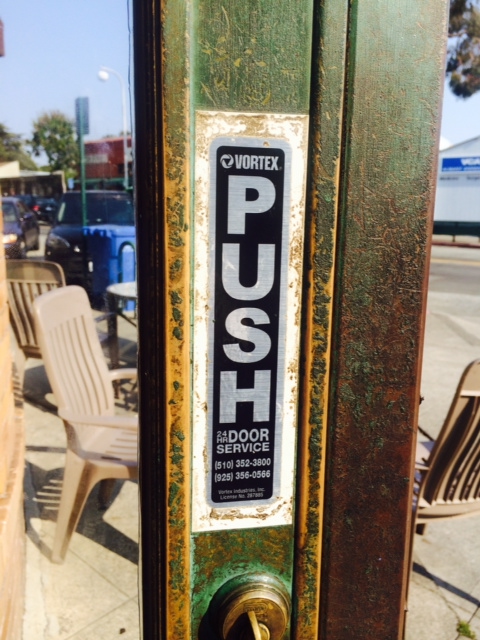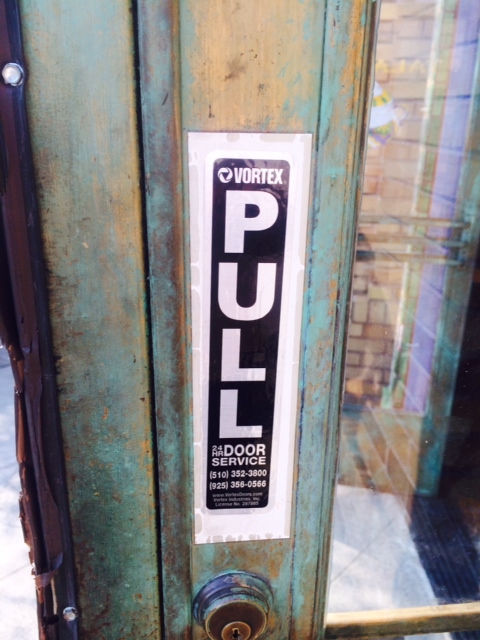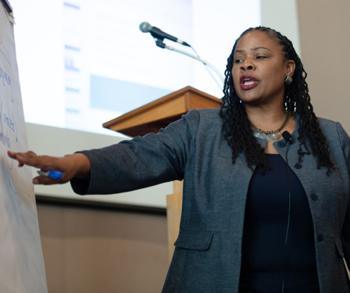Last week I asked if we have oversold reading aloud to young children as the primary strategy for preventing achievement gaps from beginning once they begin school.
When I was training to be a teacher and taking my first reading theory class, my son was a newborn. I asked my reading methods professor what was the best thing I could do to help my child become a good reader. I figured she’d know. She told me point blank – talk to him about the words you see around you, even while he is just a babe in your arms. He needs to hear the language she said.
It wasn’t read to him or set up a print rich environment. The most powerful thing she said I could do was stimulate his word consciousness — help him see that words contained messages and helped communication across time and space.
Word consciousness simply means paying attention to words and making space for explicit talk about the words around us. With young children it is as simple as pointing out the words that help us know how to navigate through our day — signs that we take for granted like the simple words on doors.
Just like we point out beautiful flowers or cute puppies to young children we have to do the same for the words around us we take for granted. If the brain is not primed to pay attention to something, it won’t.
Building word wealth starts with the simple action of pointing to the words we come across, saying them out loud, then taking the required action. Pull the door, push the button.
Children will make the connection. It’s the first step toward word wealth.




